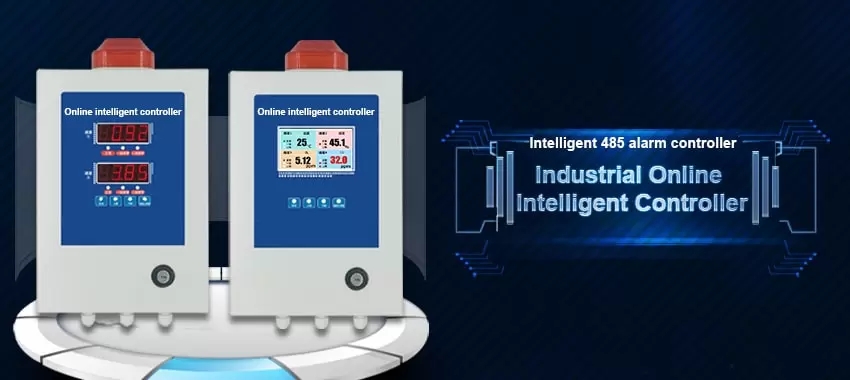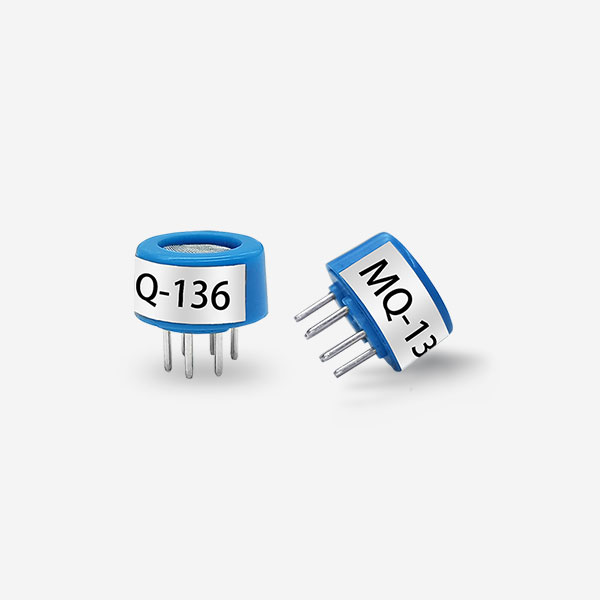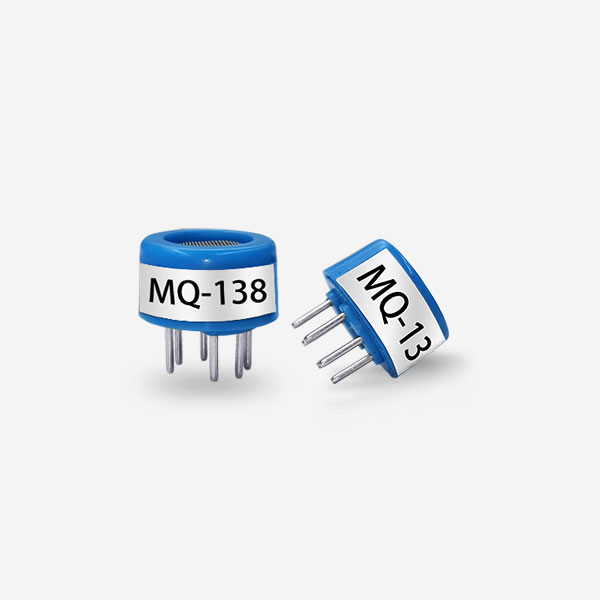Background:
There are many kinds of toxic and harmful gases, each with different properties and concentrations. Therefore, the applicable occasions of toxic gas detector unit are also different. According to different production occasions and detection requirements, how to choose a toxic gas detector? Here, JXCT will help you choose a more accurate and suitable toxic gas detector. cheap gas detector

How to choose toxic gas detector unit
1. When using multi-gas detectors or composite gas detectors, cross-interference of gas detection channels often occurs, which affects the detection accuracy. Therefore, this is a point we must understand before choosing a gas detector.
2. When purchasing a gas detector, you need to pay attention to its accuracy value. Accuracy is the basic standard to measure the quality of a gas detector. If the type and concentration of the detected gas cannot be accurately displayed, it means that the quality and detection of the gas detector do not meet the standards. The smaller the precision error value, the more expensive the price, you can choose according to your own needs.
3. Check the function of the toxic gas detector. This mainly depends on whether the functions are sufficient, such as data transmission, fall alarm, life expiration reminder, wireless data remote transmission and other functions.
4.Learn about the response speed of toxic gas detectors. When checking data, every second counts once values exceed the norm. Sometimes potential security incidents can be avoided. Therefore, toxic and harmful gas detection equipment with fast response speed is very important.

Concluding remarks:
The above is how to choose a suitable toxic gas detector unit. JXCT provides portable gas detectors and fixed gas detectors, both of which can be used to monitor toxic gas leakage or ammonia (NH 3 ), hydrogen sulfide (H 2 S), chlorine (Cl 2 ), hydrogen (H 2 ), Nitrogen (N 2 ), ozone (O 3 ), etc. Portable gas detectors are available in both diffusion and pump types. Different detection gases have optional measurement ranges. For more information on gas detectors, please consult us.
 : +86 155 8830 2704
: +86 155 8830 2704 : jxdziot@gmail.com
: jxdziot@gmail.com
